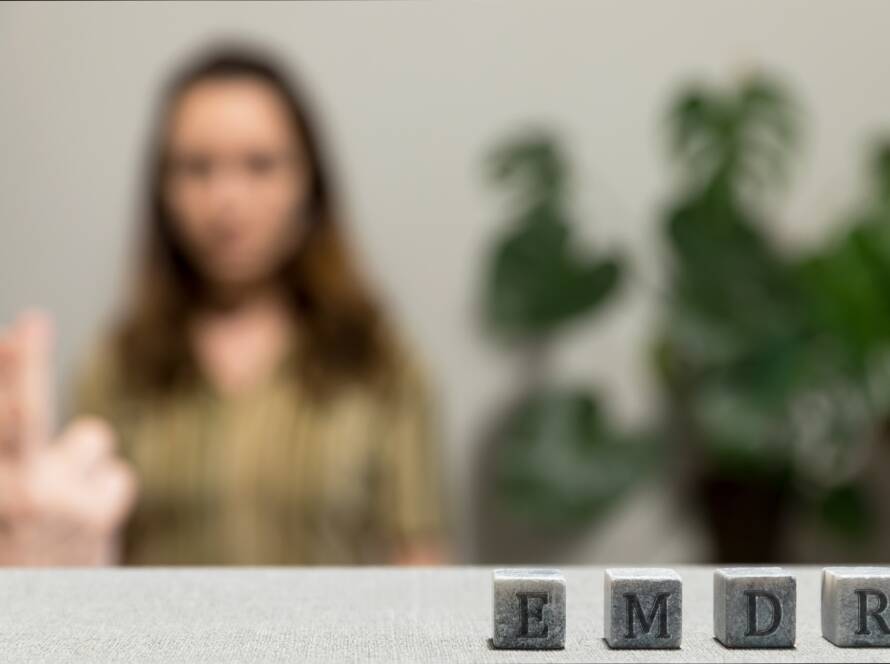Cocaine addiction is a powerful and challenging condition that can significantly disrupt one’s life. The drug affects the brain’s reward system, leading to intense cravings and a cycle of addiction that can be difficult to break. Many people wonder if it is possible to overcome cocaine addiction without going to rehab. While some individuals may try to quit on their own, overcoming cocaine addiction without professional help is often not only difficult but also dangerous. In this blog, we will explore why rehab is so essential in treating cocaine addiction and whether it’s possible to recover without it.
The Nature of Cocaine Addiction
Cocaine is a stimulant drug that increases levels of dopamine, a neurotransmitter responsible for feelings of pleasure and reward. Over time, the brain becomes dependent on cocaine to produce these feelings, leading to tolerance and the need for more of the drug to achieve the same effects. This creates a vicious cycle, where the individual constantly seeks out the drug, often at the cost of their physical health, relationships, and overall well-being.
Cocaine addiction can cause both physical and psychological symptoms, including:
- Intense cravings for the drug
- Mood swings, paranoia, or anxiety
- Increased energy, restlessness, and irritability
- Physical symptoms such as rapid heart rate, high blood pressure, and insomnia
- A lack of interest in hobbies or responsibilities
Because of these intense cravings and the drug’s powerful effects on the brain, attempting to quit cocaine cold turkey can be incredibly challenging and may result in serious withdrawal symptoms. These symptoms can include fatigue, depression, difficulty concentrating, and irritability, which can drive a person back to the drug for relief.
Why Rehab Is Often Essential
While it is possible for some people to quit cocaine on their own, addiction is a chronic disease that often requires professional help to effectively overcome. Rehab offers several key benefits for individuals struggling with cocaine addiction, including:
Safe Detox
The first step in overcoming cocaine addiction is often detox, where the drug is eliminated from the body. For individuals who have been using cocaine regularly, withdrawal symptoms can be severe. Medical supervision during detox is crucial to ensuring safety and comfort throughout the process. In a rehab setting, medical professionals can provide medications or other treatments to ease withdrawal symptoms and monitor the individual for any complications.
Therapeutic Support
Addiction often has underlying psychological components, such as trauma, depression, or anxiety, that fuel the addiction. Rehab programs provide access to therapy, including cognitive-behavioral therapy (CBT) and group therapy, which can help individuals address these underlying issues. By working with a therapist, those struggling with cocaine addiction can learn healthier coping mechanisms and gain insights into the root causes of their addiction.

Accountability and Structure
Rehab centers offer a structured environment that provides accountability and routine, which are essential for recovery. During rehab, individuals have the opportunity to focus solely on their healing without the distractions of daily life. This structure can help individuals stay on track and avoid situations where they might be tempted to use cocaine again.
Support Network
Cocaine addiction can often lead to isolation, as individuals prioritize their drug use over relationships and social connections. Rehab programs provide a supportive community of people who are going through similar struggles, which can help reduce feelings of loneliness and isolation. The shared experiences in group therapy can help individuals feel understood and motivated to continue their recovery.
Long-Term Recovery Strategies
Overcoming cocaine addiction is not just about getting clean; it’s about maintaining long-term sobriety. Rehab programs often offer aftercare services, such as outpatient therapy and support groups, to help individuals transition back to daily life and stay sober. These services help individuals develop coping strategies for managing stress, triggers, and cravings that could otherwise lead to relapse.
Can You Overcome Cocaine Addiction Without Rehab?
For some individuals, overcoming cocaine addiction without rehab may be possible, but it’s important to acknowledge that the process will likely be much harder and less effective without professional help. Quitting cocaine on your own may lead to relapse or create additional health risks due to the severe withdrawal symptoms and psychological struggles that often accompany the addiction.
For the vast majority of people, professional help at a rehab center offers the best chance for lasting recovery. Rehab provides the medical supervision, therapeutic support, and structure needed to address both the physical and psychological aspects of cocaine addiction.
Seeking Help at Worthy Wellness Center
At Worthy Wellness Center, we understand that every person’s journey to recovery is unique. Our compassionate team is here to provide personalized care and support to help you overcome cocaine addiction and achieve long-term sobriety. Whether you choose our inpatient or outpatient programs, we are committed to helping you reclaim your life from addiction.
If you or a loved one is struggling with cocaine addiction, don’t wait. Reach out to Worthy Wellness Center today and take the first step toward a healthier, drug-free future.




